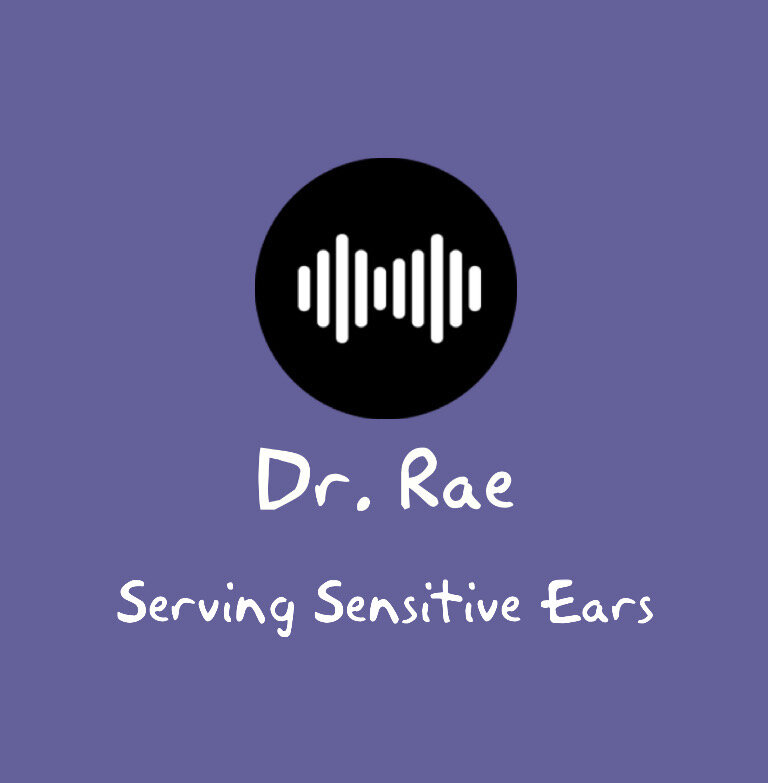Don’t Throw the Baby Out with the Bathwater: A Warning for Auditory Processing Disorder
The saying “don’t throw the baby out with the bathwater” comes from 16th-century Germany. It’s a vivid reminder not to discard something precious when trying to get rid of what’s problematic. Over time, it became shorthand for a recurring human error: abandoning the good along with the bad in a rush to clean house.
Lately, I’ve been thinking about this in the context of auditory processing disorder (APD).
There’s no question the testing is imperfect. Many clinicians have pointed out that results can vary wildly depending on the battery used, the child’s fatigue level, or the evaluator’s background. Follow-up support is often inconsistent or nonexistent. Diagnoses are sometimes given with no meaningful explanation, no classroom guidance, and no long-term strategy. These are real problems, and they deserve to be addressed.
But some people are proposing abandoning the diagnosis entirely… and that is the “bathwater” move.
Because no matter how messy the water gets, there’s still a baby in there.
The child who struggles to follow directions in noise. The adult who hears every word but can’t hold onto the thread of conversation. The teen who can decode print but still can’t track the sounds of speech without guessing.
These aren’t downstream reading issues. They’re rooted in access to the auditory signal. If you strip away the label of APD without offering a better framework, these people disappear from the data. Their difficulties get reassigned to behavior, compliance, or vague executive dysfunction. they are told to “listen harder” or to “pay attention.” We lose the chance to understand what’s really going on.
Yes, the bathwater is murky. But that murkiness is a sign of just how much has accumulated around this diagnosis: conflicting theories, overgeneralizations, and lack of interdisciplinary collaboration. That doesn’t mean there’s nothing there. It means we need to clean it up carefully, with the baby still in our hands.
It’s tempting to dismantle systems that are poorly built. But unless we replace them with something stronger, we’re just erasing the signal of the very real children and adults who need help. APD, at its core, is not a behavioral diagnosis. It’s about signal fidelity. And if the signal is distorted, no amount of downstream reading drills or social skills therapy is going to fix that.
So let’s improve the testing. Let’s fight for better follow-up. But let’s stop pretending the problem isn’t real just because the tools are flawed.
Keep the baby. Clean the water.
